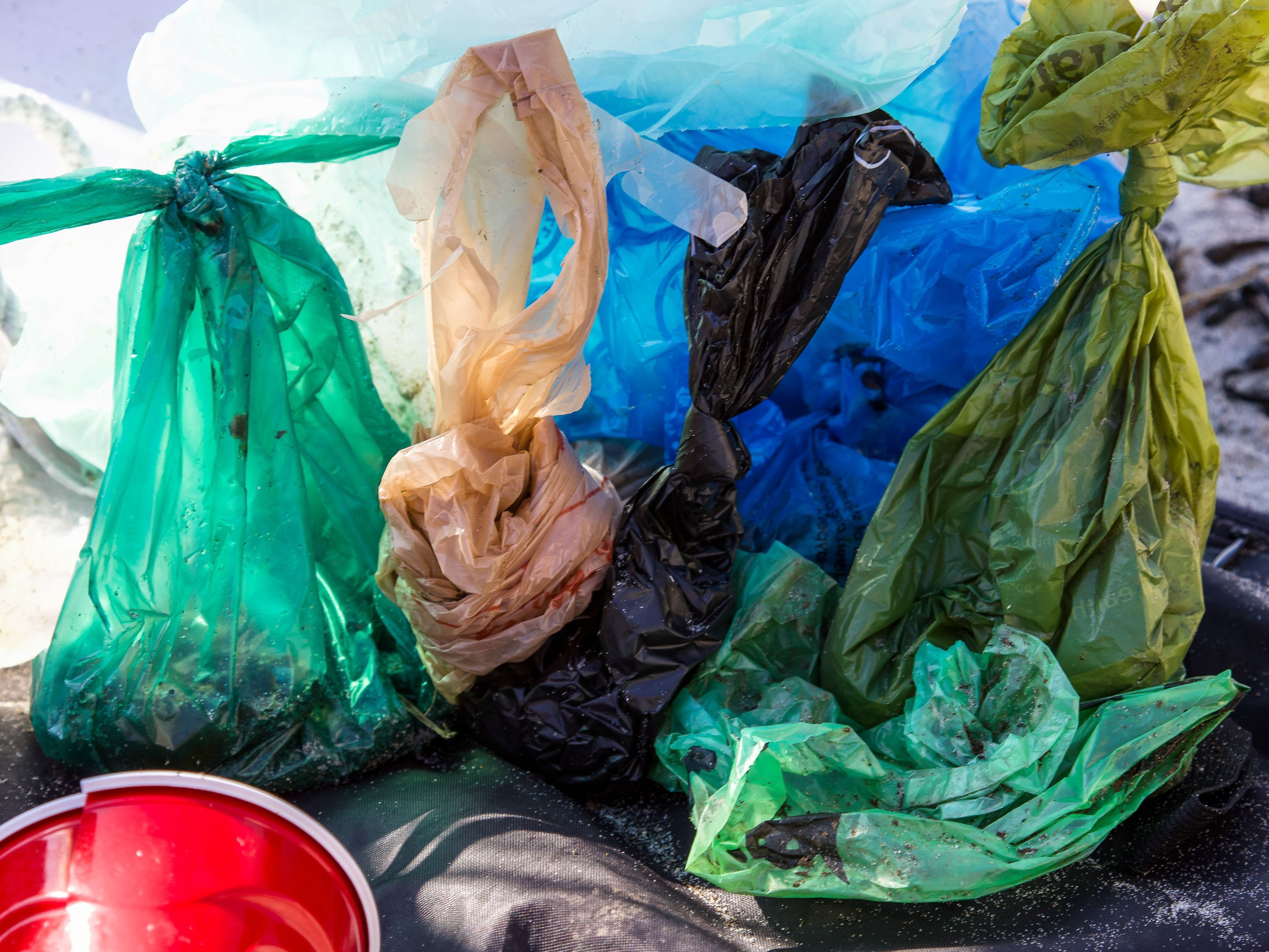Approved by curator

Added: Oct 01, 2020
Last edited: May 13, 2022
Single-use plastic is one of the key sources that accelerate the rapid degradation of the environment. In Quezon City, improper disposal of plastic bags has negatively impacted the city’s waste stream, contributing to various nuisances to the environment.
To address the issue, the city government enacted the "QC Environment Code" in 2014. The policy intervention promotes the reduction of the use of plastic bags by imposing environmental fees for each plastic bag used within the city, and institutionalise a more efficient and convenient recovery system for plastic bags in line with the 3Rs principle (reduce, reuse, recycle).
After China and Indonesia, the Philippines is the third largest contributor to ocean plastics in the world. Specifically, in Quezon City, plastic bags have been found to amount to 12 percent of the total waste composition, and a primary challenge faced was improperly discarded bags ending up in the waterways, landfills and the environment.
In 2012, the City Government enacted the Plastic Bag Reduction Ordinance, which two years later, integrated into the Ordinance Providing for the Environmental Protection and Waste Management Code of Quezon City, also known as the “QC Environment Code”.
The ordinance required type 1 retailers (shopping malls, supermarkets, department stores, grocery stores, fast food chains, drug stores, pharmacy) to impose a Plastic Recovery System Fee (PRSF) of two pesos (P2.00) or about €0.04, for plastic bags having a thickness not lower than 15 microns. The fee and bag recovery system was determined after a comprehensive and in-depth consultation with the business sector.
The establishment of a plastic recovery system fee was primarily designed to change consumer behavior and raise awareness, rather than to generate funds. As such, the fee was not remitted to city's funds but remains with the retail stores and then utilized to fund various environmental initiatives, subject to prior approval of the city government.
To monitor progresses, each retail business has to submit quarterly to the City Government a self-monitoring report detailing the quantity of recovered plastic bags and the amount of collected plastic recovery fee.
As of the end of 2017, a total number of 6,269,278 pieces of plastic bags were recovered.
Since its implementation in 2012 and up to the first quarter of 2018, a total amount of at least PHP 285 million (€4.8 million) was reported by 68 Type1 Relevant Retailers (shopping malls, supermarkets, fast food chains, etc.) throughout the City as a result of the Green Fund that was established alongside the ban through fees on plastic bags.
A number of establishments have also implemented their “green fund” projects. For instance, one establishment utilized these revenues to donate 11,000 chairs made from converted soft plastic to various schools across the city. Another example is the donation of several eco-bicycles to the city’s police force.
This policy intervention is contributing to a shift in consumers behaviour towards a more reuse-oriented attitude, as well as institutionalizing a revenue-generating system that directly benefits the local communities and contributes to the City’s objective of becoming a low carbon and sustainable city.
Photo by Brian Yurasits on Unsplash

Use waste as a resource
Design for the future
Team up to create joint value
Valorise waste streams - open loop
Design out waste
Government collaboration
Open loop collection
Design for minimal waste
Government programmes
Ecological Impact
Social Impact
Economic Impact
Increase Awareness
Revenue Potential
Scalability
Minimise Waste (SDG12)
Inform
Mobilise
Visions and Ambitions
Metrics and indicators to measure progress
Govern the Transition
Institutional design to enable circularity
Regulate
Legislation
Bans
Incentivise
Public-private partnerships
Fiscal Frameworks
Fines
Awareness raising events
Economic Frameworks
Materials and Fuels
Goods and Services
Societal Services
Water and Sewage
Waste Management
Retail
Chemical and Plastic
plastic waste
ocean plastic
waste management
Banning Plastic
AvoidSingleUsePlastic
asia
philippines
